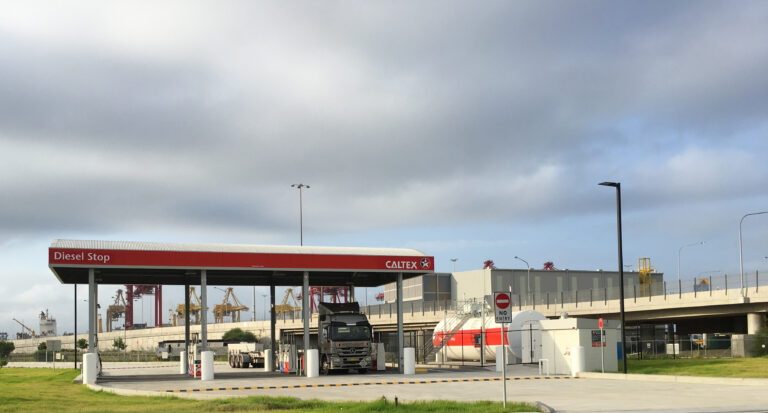With the increasing interest in electric vehicles and hydrogen fuel cells Fleet Auto News spoke to leading fuel retailer Caltex to get their thoughts on the direction of alternative fuels.
Caltex is always examining new transport fuels that may be of interest to customers. This is something we have been doing for more than a century. In the past five years we have launched several new fuels, including a range of premium diesel products and a new “flex fuel”.
The emergence of all such new fuels is driven by customer demand. Our approach is straightforward: we provide a range of transport fuels at our sites and adapt to market trends as they develop.
In relation to transport fuels based on hydrogen and electricity, there are no specific opportunities to discuss at present. However, we will continue to review, and where appropriate, trial new forms of transport fuel so that we can continue to meet customers’ changing demands.
In terms of the types of fuel products that may see the greatest uptake in coming years, there are a number of long-range forecasts publicly available – each has its own unique predictions. What we do know is that there has never been more choice in the range of vehicle types on the market and, as a result, the variety of fuels available – be it petrol, diesel, LPG, flex-fuel, electric or hybrid.
This is very beneficial for motorists as they seek to find a vehicle type that suits their needs. Motorists consider a range of factors when choosing their next vehicle, including the upfront and ongoing costs of owning and maintaining the vehicle, and the cost (and efficiency) of the fuel itself.
Any new model entering the market competes with the existing range of vehicles available, including those that use petrol, diesel, LPG, electric or flex-fuel.
It is interesting to note the continued advances being made in engine technology and the flow-on benefits for fuel efficiency in both petrol and diesel vehicles. This ultimately influences vehicle choice as motorists compare the performance and operating costs associated with each model and the engine options where they are available (e.g. petrol, diesel or hybrid).







